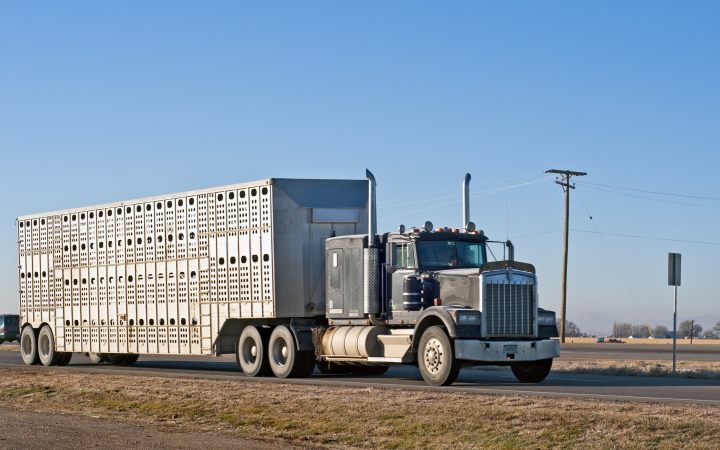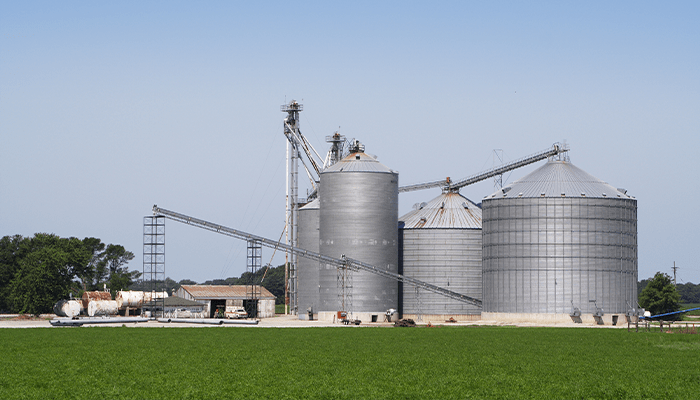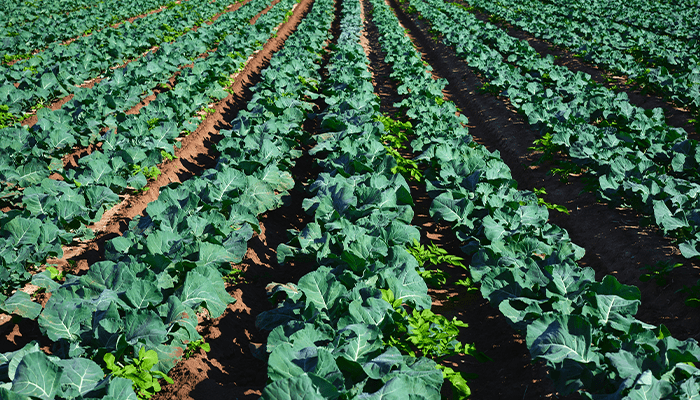
FMCSA Clarifies ‘Agricultural Commodity’ in Hours of Service Regulation
In November, the U.S. Department of Transportation’s Federal Motor Carrier Safety Administration (FMCSA) published an Interim Final Rule (IFR) clarifying agricultural commodity and livestock definitions in the agency’s Hours of Service (HOS) of Drivers regulations.
Under current law, drivers transporting agricultural commodities (including livestock) and farm supplies for agricultural purposes during state-determined planting and harvest seasons are exempt from the HOS requirements from the source of the commodities to a location within a 150-air-mile radius from the source. Additionally, the 30-minute rest break requirement does not apply to drivers transporting livestock in interstate commerce while the livestock are in the commercial vehicle.
Effective December 9, 2020, the new rule does not establish any new terms; rather, it clarifies the terms “any agricultural commodity,” “non-processed food,” and “livestock,” currently included in 49 CFR 395.2 to promote a more consistent understanding so that exemptions are used and applied consistently.
The IRF revisions read as follows:
Agricultural commodity:
(1) Any agricultural commodity, non-processed food, feed, fiber, or livestock as defined in this section.
(2) As used in this definition, the term “any agricultural commodity” means horticultural products at risk of perishing or degrading in quality during transport by commercial motor vehicles, including plants, sod, flowers, shrubs, ornamentals, seedlings, live trees, and Christmas trees.
Livestock means livestock as defined in sec. 602 of the Emergency Livestock Feed Assistance Act of 1988 [7 U.S.C. 1471], as amended, insects, and all other living animals cultivated, grown, or raised for commercial purposes, including aquatic animals.
Non-processed food means food commodities in a raw or natural state and not subjected to significant post-harvest changes to enhance shelf life, such as canning, jarring, freezing, or drying. The term “non-processed food” includes fresh fruits and vegetables and cereal and oilseed crops that have been minimally processed by cleaning, cooling, trimming, cutting, chopping, shucking, bagging, or packaging to facilitate transport by commercial motor vehicle.
Truck transportation is an integral component of the agricultural supply chain. The HOS exemption is intended to facilitate the timely delivery of agricultural commodities, and this new rule provides clarity while maintaining safety.
If you have any questions about the Hours of Service exemption or the IRF definitions, contact a member of our Agribusiness team.

Featured News & Insights

The outlook for the U.S. poultry market is promising as demand remains high, flock populations have recovered, and market prices are expected to increase, according to the USDA’s August 2024...

Grain entrapments are down 36 percent in 2023, according to Purdue University's Agricultural Safety and Health Program's latest "2023 Summary of U.S. Agricultural and Confined-Space Related Injuries...

The recent announcement from the U.S. Environmental Protection Agency (EPA) regarding the emergency suspension of dimethyl tetrachloroterephthalate (DCPA), commonly known as Dacthal, signals a...